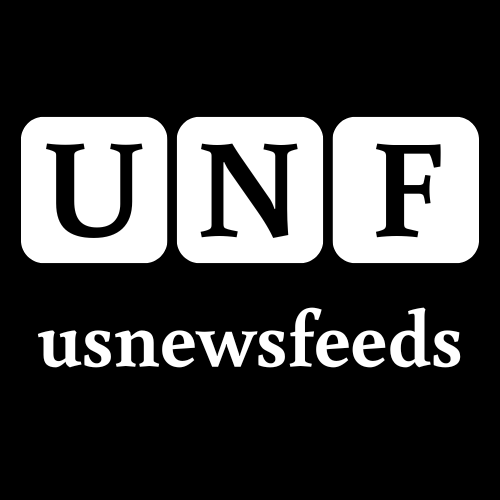US job development slowed greater than anticipated in July, whereas the unemployment price elevated to 4.3% — resulting in fears that the labor market is deteriorating and probably making the economic system weak to a recession.
Nonfarm payrolls elevated by a paltry 114,000 jobs final month after rising by a downwardly revised 179,000 in June, the Labor Division’s Bureau of Labor Statistics stated in its carefully watched employment report on Friday.
Economists had forecast payrolls advancing by 175,000 jobs after a beforehand reported 206,000 acquire in June.
Unemployment was anticipated to stay regular at a low 4.1%, in accordance with a survey of economists by the information agency FactSet.
The troubling information led to expectations for an additional rocky day on Wall Avenue. Dow futures have been down greater than 300 factors an hour earlier than the opening bell.
The economic system is weighing closely on voters’ minds as they put together for the presidential election in November.
Many are unimpressed with the sturdy job positive aspects of the previous three years, exasperated as a substitute by excessive costs.
Two years in the past, inflation hit a four-decade excessive.
The value will increase eased, however shoppers are nonetheless paying 19% extra for items and companies general than they have been earlier than inflation first heated up in spring 2021.
The June jobs report, although stronger than anticipated, got here with blemishes.
For one factor, Labor Division revisions diminished April and Might payrolls by a mixed 111,000.
That meant that month-to-month job development averaged simply 177,000 from April via June, the bottom three-month common since January 2021.
What’s extra, the unemployment price has risen for the previous three months. By inching as much as 4.3% in July, it crossed a tripwire that traditionally has signaled an economic system in recession.
That is the so-called Sahm Rule, named for the previous Fed economist who got here up with it: Claudia Sahm.
She discovered {that a} recession is nearly all the time already underway if the unemployment price (based mostly on a three-month transferring common) rises by half a proportion level from its low of the previous yr.
It’s been triggered in each US recession since 1970. And it’s had solely two false positives since 1959; in each of these instances — in 1959 and 1969 — it was simply untimely, going off a number of months earlier than a downturn started.
Nonetheless, Sahm, now chief economist on the funding agency New Century Advisors, stated that this time “a recession is just not imminent’’ regardless of unemployment crossing the Sahm Rule threshold.
Many economists imagine that right now’s rising unemployment charges reveal an inflow of latest employees into the American labor pressure who generally want time to search out work, relatively than a worrisome improve in job losses.
“Labor demand is slowing,’’ stated Matthew Martin, US economist at Oxford Economics, “however corporations should not shedding employees in massive numbers, which reduces the percentages of a damaging suggestions loop of rising unemployment resulting in earnings loss, discount in spending, and extra layoffs.’’
Certainly, new Labor Division information this week confirmed that layoffs dropped in June to the bottom stage in additional than a yr and a half.
America’s jobs numbers have been unsettled by an surprising surge in immigration — a lot of it unlawful — over the previous couple of years.
The brand new arrivals have poured into the American labor pressure and helped ease labor shortages throughout the economic system — however not all of them have discovered jobs instantly, pushing up the jobless price.
Furthermore, individuals who have entered the nation illegally are much less inclined to reply to the Labor Division’s jobs survey, that means they will go uncounted as employed, notes Oxford’s Martin.
Nonetheless, Sahm stays involved in regards to the hiring slowdown, noting {that a} deteriorating job market can feed on itself.
“After you have a sure momentum going to the draw back, it typically can get going,’’ Sahm stated. The Sahm rule, she says, is “not working prefer it normally does, nevertheless it shouldn’t be ignored.’’
Sahm urged Fed policymakers to preemptively reduce their benchmark rate of interest at their assembly this week, however they selected to depart it unchanged on the highest stage in 23 years.
The Fed raised the speed 11 instances in 2022 and 2023 to battle rising costs.
Inflation has duly fallen — to three% in June from 9.1% two years earlier.
Nevertheless it stays above the Fed’s 2% goal and policymakers need to see extra proof it’s persevering with to return down earlier than they begin slicing charges.
Nonetheless, they’re broadly anticipated to make the primary reduce at their subsequent assembly in September.
With Put up Wires




